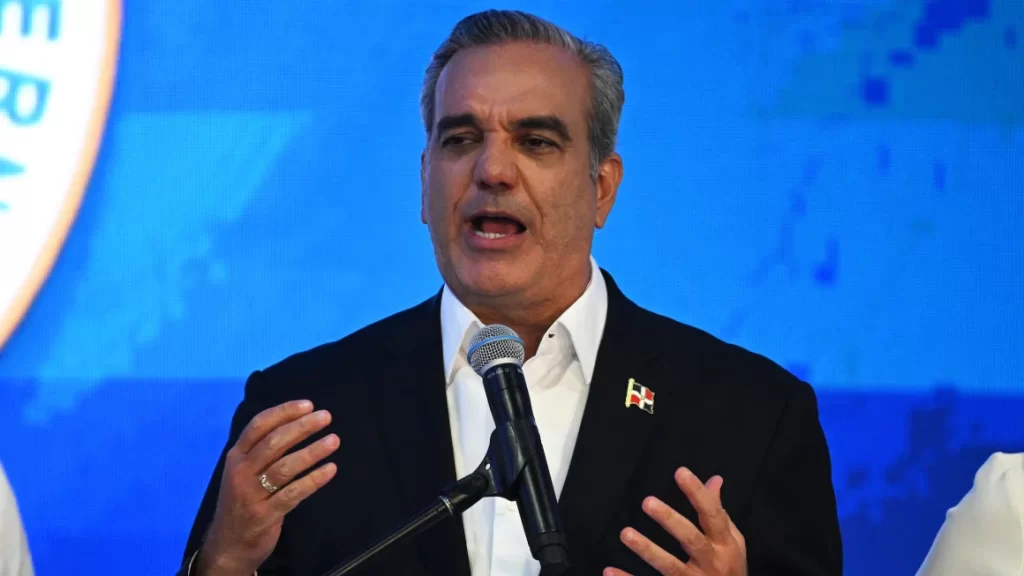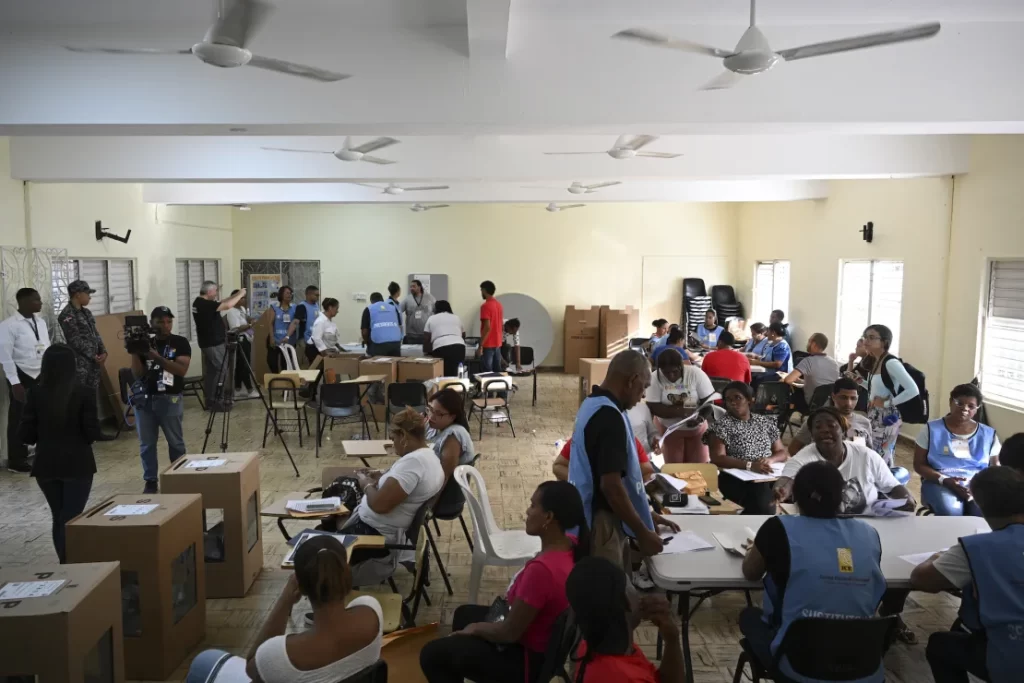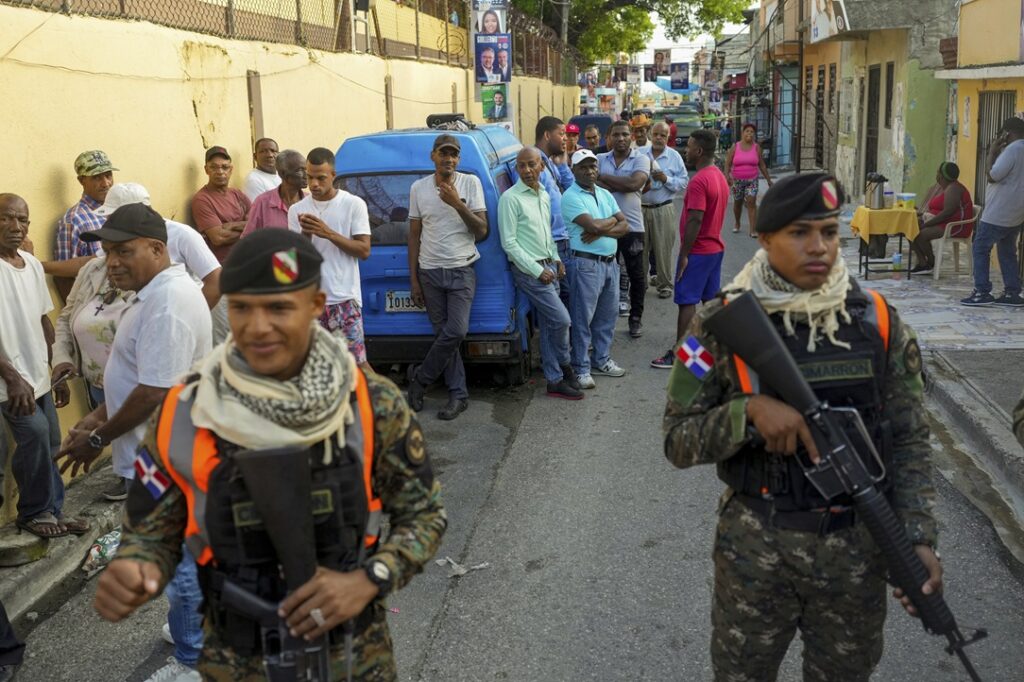President Luis Abinader of the Dominican Republic has declared himself the winner of the recent presidential election, despite official results still pending. The former businessman appears to be leading by a significant margin, with two of his main challengers having conceded defeat. As of Monday afternoon, Abinader had secured 57.46% of the counted votes, according to the election website.

With votes counted in over 99% of the polling stations, the electoral board has yet to officially declare a winner. However, on Sunday, Abinader’s primary rivals, Leonel Fernandez and Abel Martínez, publicly acknowledged his victory. Fernandez took to X (formerly Twitter) to congratulate Abinader, stating, “Tonight I called President Luis Abinader by phone to recognize his electoral victory and wish him success in his administration.” Martínez, in a separate statement, wished Abinader luck, emphasizing the numerous challenges facing the country and expressing hope that they would be overcome as a nation.
If confirmed as the winner, Abinader will remain in office until 2028. The 56-year-old former economist and businessman first assumed the presidency in 2020 during the height of the Covid-19 pandemic. Under his leadership, the Dominican Republic has experienced one of the fastest-growing economies in the region.
Abinader, a popular leader, has pledged to deliver four more years of economic growth. Experts anticipate that he will expand on the priorities set during his first term, which include development, reform, and the fight against corruption.

Crime and safety were among the top concerns for voters in this election. The Dominican Republic has been grappling with the spillover effects of the spiraling political and social crisis in neighboring Haiti, with which it shares the island of Hispaniola. In response to the crisis, Abinader’s administration has sealed the island’s shared border and airspace.
However, Abinader has faced accusations of stoking anti-Haitian sentiment. In 2022, the United States embassy issued a warning to Black and “darker-skinned Americans,” cautioning that they may face “increased interaction” with Dominican authorities amidst an ongoing immigration crackdown.

As the Dominican Republic awaits the official election results, the country looks to Abinader to address the pressing issues of crime, safety, and economic growth. The president’s apparent victory comes at a critical juncture, with the nation facing both domestic challenges and the repercussions of the ongoing crisis in neighboring Haiti.

Observers will be closely watching how Abinader navigates these complex issues during his second term, as well as how he addresses concerns over his administration’s stance on immigration and relations with Haiti. The international community will also be keen to see how the Dominican Republic’s economic growth and development initiatives progress under Abinader’s continued leadership.
As the Dominican Republic moves forward, the nation will undoubtedly face a range of challenges. However, with Abinader at the helm and a apparent mandate from the electorate, there is hope that the country can continue to make strides in addressing its most pressing issues and securing a prosperous future for its citizens.











